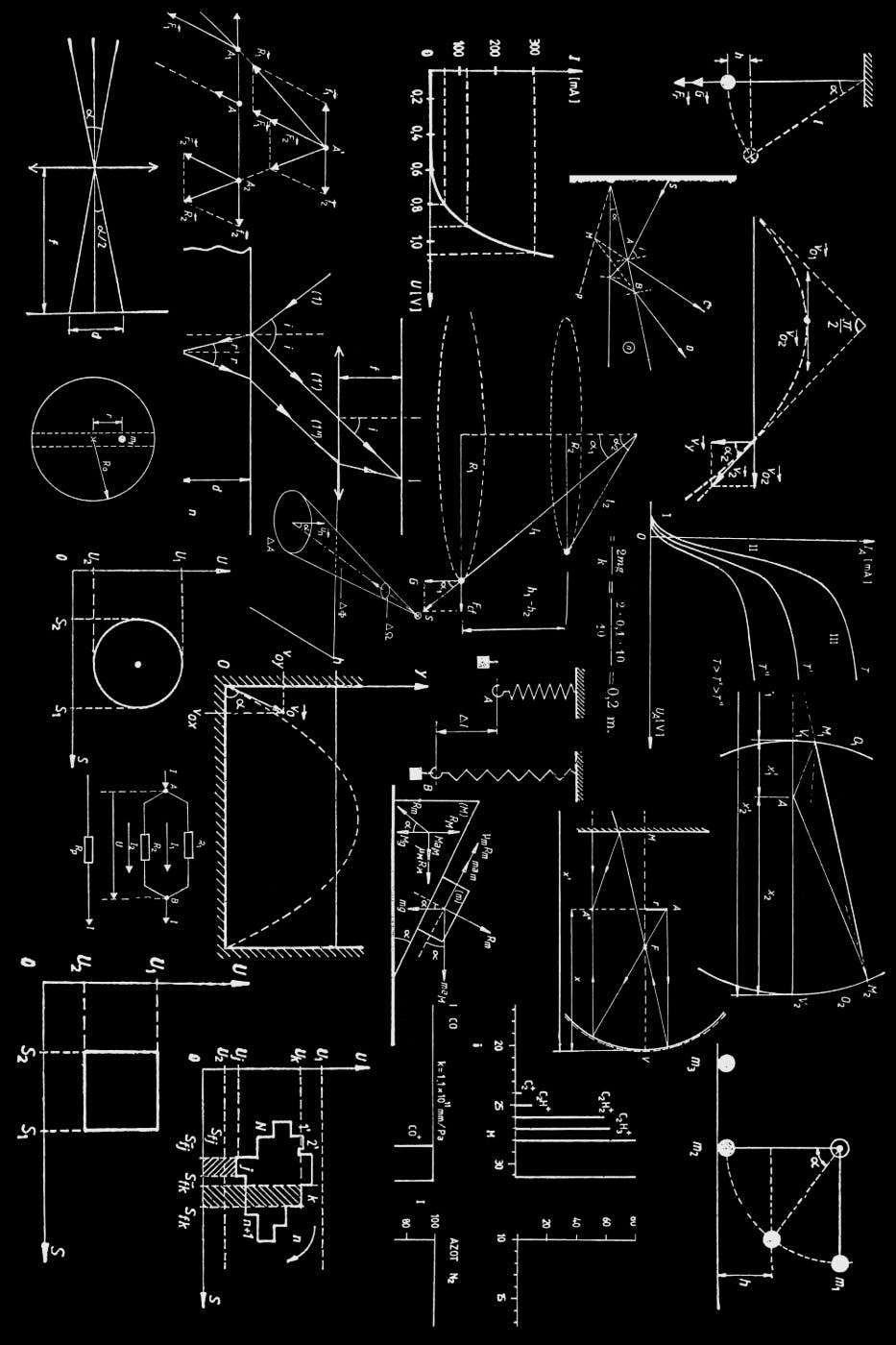
Quantum computing is a big deal. In fact, it’s so big that it makes traditional computers look like a calculator you find in the back of a junk drawer. But what’s it going to mean for regular folks like us?
Let’s talk about jobs. I know, it’s a fun subject, right? You’re probably thinking, “Great, Paul. Another post about how technology is going to take my job.” But hold on—don’t run off just yet. Yes, quantum computing might sound like the world’s scariest boss in a science fiction movie, and yes, it could change a lot about how we work, but let’s take a moment to think about it through a lens that’s a little less terrifying.
Quantum computing is a big deal. In fact, it’s so big that it makes traditional computers look like a calculator you find in the back of a junk drawer. But what’s it going to mean for regular folks like us? People who don’t work in labs, who don’t play around with qubits and don’t spend their days solving problems at the speed of light? How is quantum computing going to change the landscape of our jobs, and should we start learning how to code quantum algorithms right now? (Spoiler alert: Maybe, but also, no, let’s not panic.)
Let’s take a step back and think about what jobs are even at risk. And before you panic, let me clarify—we’re not talking about every job being replaced by some quantum-powered robot (though that would be weird). No, what we’re really looking at is how quantum computing might enhance jobs or shift industries, in ways we’re only beginning to imagine. It’s going to be a wild ride, but you can relax, because I’ve got you covered.

The New Job Landscape: Quantum Computing’s Impact on the Workforce
So, let’s cut to the chase. Quantum computing is likely going to be disruptive, like all new technologies, but not in the way you might think. Sure, it will probably put some jobs at risk, but it’s also going to create new ones. Think of quantum computing as the coolest new tool in the tech toolbox, one that’s going to help existing industries get faster, smarter, and more efficient.
Consider this: As quantum computers become more capable, industries like finance, healthcare, and energy will need more skilled workers who understand how to interact with these systems. You might not be coding quantum algorithms (yet), but there will be plenty of opportunities in fields like quantum hardware engineering, data science, and AI development.
But let’s take it from the top—what kinds of jobs are we talking about? And more importantly, should you be worried?
1. The Quantum Software Developer: Coding for the Future
Okay, so if you love coding and have a passion for puzzle-solving, get ready. The rise of quantum computing means there will be an increasing need for people who can write quantum algorithms. These aren’t your standard programs; they are algorithms designed to run on quantum systems. And while they won’t be in your average office job anytime soon, we’re talking about cutting-edge stuff.
In the future, software developers will need to be familiar with new languages specifically designed for quantum computers, like Qiskit (IBM’s quantum computing framework) or Cirq (Google’s quantum framework). It’s a whole new world of coding, and it’s exciting, to say the least. But don’t worry if you’re not a quantum expert right now—there are plenty of ways to learn as this technology evolves.
For example, Qiskit is a high-level programming language that allows developers to work with quantum computers on IBM's quantum systems. So, think of it as being JavaScript for quantum computing, but way cooler. While you might not need a PhD in quantum mechanics to use it, you’ll certainly want to start getting familiar with the quantum basics, and Qiskit gives you an accessible intro to the world of quantum computing.
2. Data Scientist (with a Quantum Twist)
If you’re already working in data science, don’t fret. The future of quantum computing is going to amplify your powers. Think of it like supercharging your existing job. Quantum computing can handle huge datasets and analyze information in ways traditional computers just can’t. This means that as a data scientist, you could be leveraging quantum tools to solve real-world problems in finance, medicine, and even climate science.
In a nutshell, you won’t need to be a quantum computing guru to benefit from this technology. You’ll just need to understand how quantum-powered tools can enhance your ability to process data more quickly and efficiently. So, data scientists, you might want to start keeping an eye on quantum developments—it could make your work way cooler.
Plus, think of the fun you could have solving problems that were previously too complicated for classical computers to handle. Quantum computing can run simulations that mimic the behavior of molecules, so if you’re into pharmaceutical research, this could mean faster drug discovery. The possibilities are endless, and data science is only going to get more fascinating.
3. AI Specialist: Quantum’s Best Friend
Now, if you’re someone who works in artificial intelligence (AI), your job is about to get a quantum upgrade. Why? Because quantum computing could make AI smarter and faster. Quantum computers can process massive amounts of data in parallel, and this will allow AI systems to make decisions and analyze data much quicker.
This isn’t a job that’s going away—rather, it’s going to evolve. You might be looking at AI systems that are powered by quantum computing to process data much faster, leading to smarter applications. So, AI experts need to pay attention, because quantum AI might be the next big thing.
Imagine an AI system powered by quantum computers that can analyze massive datasets in minutes, potentially transforming industries like finance, healthcare, and entertainment. And if you’re in AI, you’ll be the one to help harness this quantum power.
4. Cybersecurity Experts (You’ll Need to Upgrade Your Game)
Let’s get real for a second. We’ve all had those scary moments where we think about the state of cybersecurity. With quantum computing potentially breaking traditional encryption, the job of a cybersecurity expert is going to evolve. Quantum-safe encryption will be a huge part of securing information, and this will require new skills and new methods.
Now, I’m not saying that all of you are going to be replaced by quantum-powered firewalls (thank goodness), but if you’re in cybersecurity, this is something to watch. Understanding how quantum encryption works and how to protect data from future quantum threats will become a vital skill for the modern cybersecurity expert.
Quantum-resistant encryption will be the new normal, and cybersecurity experts will need to work hand-in-hand with quantum technologies to keep sensitive information secure. Imagine it as a race between hackers using quantum computing and defenders creating quantum-safe encryption. The stakes just got way higher, and if you’re in cybersecurity, it’s time to get on board.
5. Quantum Hardware Engineer: The Future of Computing Hardware
Alright, this one is a bit more niche, but if you’re into engineering, electronics, or hardware, here’s something to think about: quantum computers need specialized hardware to function. These computers aren’t running on your typical microchips; they need super-cooled qubits and quantum processors to operate.
Quantum hardware engineers will be crucial in designing and maintaining these systems. While this is more of a long-term career path, it’s an exciting one if you’re looking to dive deep into the physics and engineering behind quantum systems.
Imagine working with super-cooled machines and tweaking the delicate systems that allow quantum computers to process information. Pretty cool, right? If you’re into working on cutting-edge technology, this is one job you’ll want to keep an eye on.

What’s the Takeaway?
Alright, so here’s the deal. While quantum computing might sound like it’s going to turn the job market upside down, the truth is that it’s going to reshape and enhance existing fields rather than completely destroy them. It’s not about job loss, but about job evolution.
Think about it: Every major technological leap has shifted the job market. The industrial revolution gave us new types of jobs, and the digital revolution brought about careers we never imagined. Quantum computing is no different—it’s creating opportunities and expanding possibilities, not ending careers.
And while it’s easy to get caught up in the fear that quantum will take over everything, remember that we’re not quite there yet. Quantum computing is still in its nascent stages, and the impact on jobs is something we’re just beginning to see.
So, take a deep breath. Instead of worrying about quantum computers stealing your job, think about how you can ride the wave and learn new skills that will put you in the driver’s seat of this exciting future.

Summing Up: The Future Is Quantum... and Pretty Cool, Actually
In the end, quantum computing isn’t something to fear—it’s something to embrace. As it starts to shape industries, the job market will evolve, but it will also open doors to jobs we haven’t even thought of yet.
The future is a little uncertain, but it’s also filled with opportunity. So, while quantum computers may one day help us solve unsolvable problems, let’s not forget they might also help us predict dinner, and that’s definitely a job we’d all love to have.
Stay tuned for the epilogue of the Quantum Computing series, where we’ll wrap up the journey and look ahead at what’s next for quantum-powered web design and beyond.

